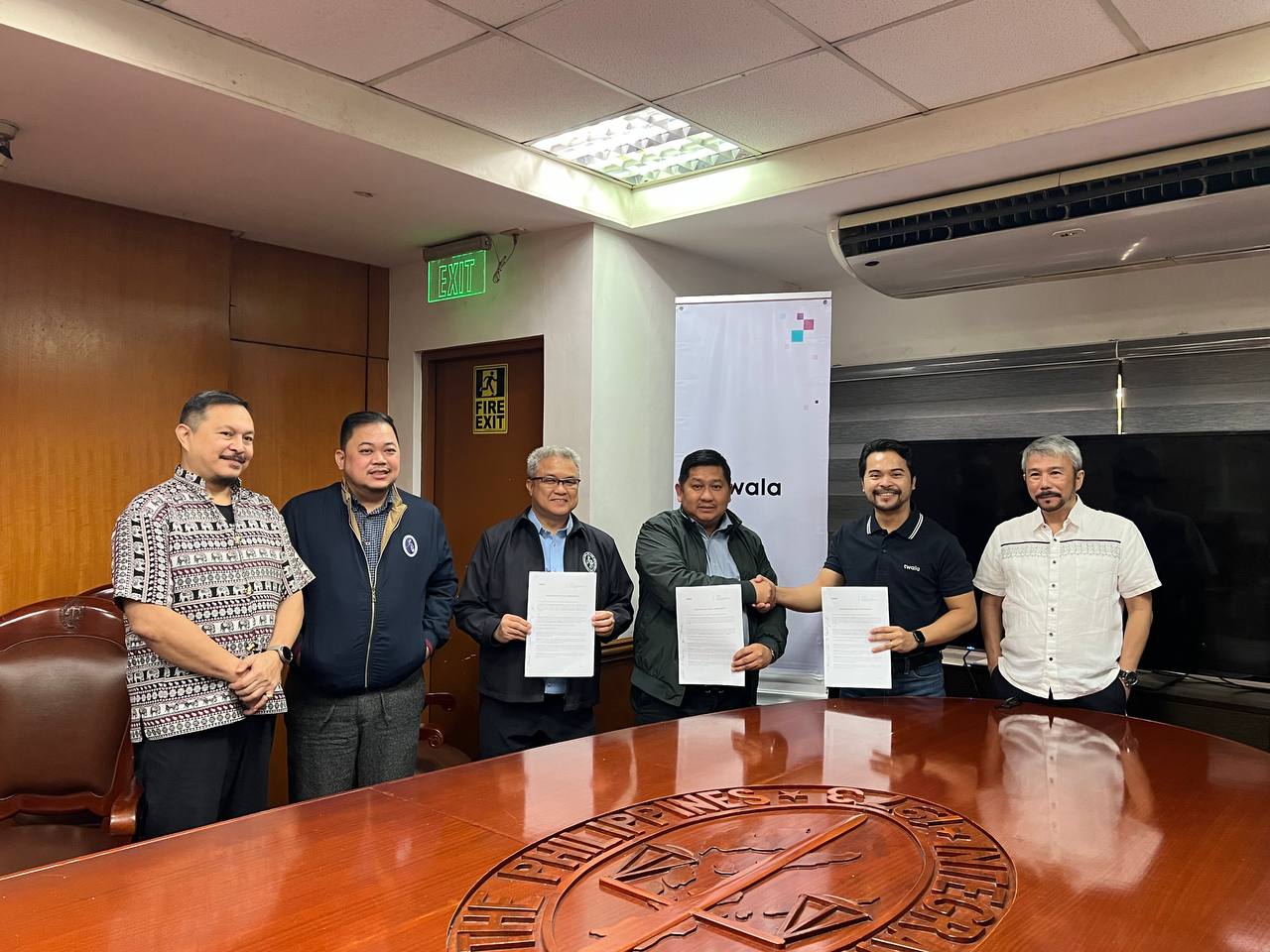Contracts are the foundation of business agreements, ensuring clarity and legal protection for all parties involved. However, even experienced legal teams in the Philippines can make costly mistakes that lead to disputes, compliance risks, and financial losses. With evolving laws on electronic signatures and notary compliance, contract management is changing—yet many businesses still rely on outdated practices.
Here are five common contract mistakes in the Philippines and how legal teams can avoid them:
1. Using Ambiguous or Vague Language
Contracts must be clear and specific, but many legal teams draft agreements with vague terms that can lead to misinterpretation. This is a major issue in the Philippines, where business disputes often arise due to unclear contract terms, especially in real estate, employment, and supplier agreements.
How to Avoid It:
- Use precise, unambiguous language with well-defined obligations and timelines.
- Include clear dispute resolution clauses, specifying whether arbitration, mediation, or litigation will be used.
- Ensure all parties fully understand the contract before signing, whether through in-person meetings or secure electronic signatures.
2. Neglecting Version Control
Many businesses in the Philippines still manage contracts manually, leading to errors when different versions of a contract are circulated. Without proper version control, outdated agreements can be signed, leading to legal complications.
How to Avoid It:
- Use a contract management software that tracks revisions and approvals.
- Implement AI-powered tools to compare contract drafts and detect inconsistencies.
- Ensure all stakeholders are working with the latest version of the contract, whether using printed documents or legal documentation stored in a secure digital system.
With electronic signatures, businesses can streamline contract approvals, reducing the risk of outdated agreements being signed.
3. Overlooking Compliance Requirements
Philippine laws, including the Electronic Commerce Act (RA 8792) and the Rules on Electronic Notarization, recognize digital signatures and eSignatures as legally valid. However, many companies fail to ensure their contracts comply with these evolving regulations, leading to disputes or invalid agreements.
How to Avoid It:
- Stay updated on Philippine laws governing notarization, electronic contracts, and notary compliance.
- Work with legal tech providers that automate compliance checks for Philippine regulatory requirements.
Businesses dealing with government contracts, real estate transactions, or financial agreements must ensure compliance with Philippine notarization laws to avoid legal pitfalls.
4. Failing to Define Termination and Renewal Terms
Many Philippine contracts, especially lease agreements and service contracts, lack clear provisions for termination or renewal. This often results in disputes over automatic renewals or abrupt terminations that lead to legal battles.
How to Avoid It:
- Clearly define renewal conditions, termination clauses, and notice periods in all contracts.
- Use platforms to monitor renewal deadlines and prevent missed termination notices.
- Automate reminders for upcoming contract expirations to avoid costly oversights.
For companies using digital signatures, setting up automated contract workflows can help manage renewal and termination processes efficiently.
5. Relying on Manual Processes
Despite the availability of digital solutions, many Philippine businesses still rely on paper-based contracts, increasing the risk of errors, delays, and security issues. Manual contract handling also slows down approvals, especially for businesses operating in multiple locations.
How to Avoid It:
- Adopt a contract management system that centralizes legal documentation and automates workflows.
- Utilize electronic signatures to speed up contract execution, particularly for remote or multi-branch operations.
- Leverage AI in the legal industry to automate contract drafting, compliance checks, and risk assessments.
With eSignatures now legally recognized in the Philippines, businesses can transition to a more secure, efficient contract management process.
Strengthening Contract Management in the Philippines
Contract mistakes can lead to financial losses, legal disputes, and compliance issues, but legal teams in the Philippines can avoid these pitfalls by embracing modern solutions. By ensuring clarity, maintaining version control, prioritizing compliance, defining termination terms, and adopting electronic signatures (and soon, electric notarization), businesses can streamline their contract management process and reduce legal risks.
Take control of your contracts with Twala—an end-to-end digital documentation platform that offers secure eSignatures and AI-powered contract management. Learn more at Twala or contact us for a demo!





.png)
